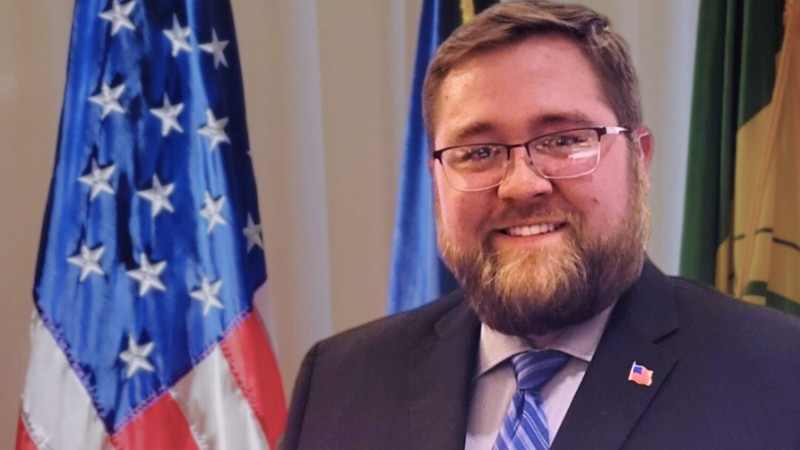Communication Minor
- RIT /
- Rochester Institute of Technology /
- Academics /
- Communication Minor
Featured Work and Profiles
-
Tech-Driven Liberal Arts Education Sparks Political Career
Luke Rydelek RIT graduate Luke Rydelek reflects on how his tech-driven liberal arts education fueled his political journey, blending technology and advocacy for career success.
Read More about Tech-Driven Liberal Arts Education Sparks Political Career -
Student Tackles the Effects of COVID on Child Development
Psychology major Finn Cohen embarks on a transformative Fulbright fellowship in Canada to investigate the effects of digital media on young children's development during COVID.
Read More about Student Tackles the Effects of COVID on Child Development
Curriculum for 2025-2026 for Communication Minor
Current Students: See Curriculum Requirements
Contact
Program Contact
- Keri Barone
- Principal Lecturer, Communication
- School of Communication
- College of Liberal Arts
- klbgpt@rit.edu
Offered within
the
School of Communication
School of Communication
Search RIT
This website uses cookies to provide better user experience and functionality. You can control and configure cookies in your web browser.
Cookie Statement
|
How to Disable Cookies













